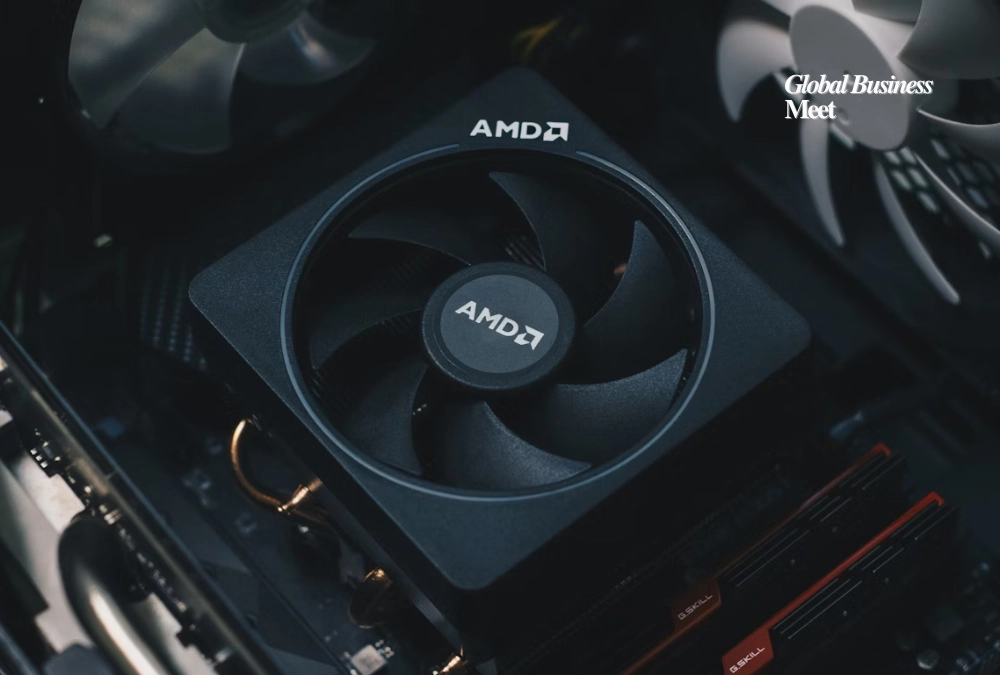
New York has made an innovative leap in the regulation of artificial intelligence with the adoption of Responsible Artificial Intelligence Safety and Education (RAISE) Act. This law is the first bill of this nature in the United States and it is intended to set safety, transparency, and accountability standards among the developer of potent AI systems, at least as far as high-risk or so-called frontier models are concerned. The New York State Assembly passed the bill and is currently waiting to be signed by Governor Kathy Hochul.
The RAISE Act aims to target the AI models that have been trained with over $100 million in computational resources, a level which is typically linked with the powerful AI text, coding, or image generation models. Under this new law, any entity that develops the such AI systems and locates in New York would have to file complete safety assessments, make transparency reports, and preemptively report the possible threats as to how their systems may threaten general safety, the economy, and the national well-being.
Interestingly among the biggest parts of the bill is the requirement that incidents must be reported. In case an AI system does any damage to someone, indicates unexpected behavior, it should be reported by developers to state authorities instantly. Failure to comply would lead to civil fines that may not exceed 30 million dollars. Notably, the bill does not put small-scale projects and scholarly research under scrutiny, and enforcement is made against big actors at the possession of extensive computing and information accessibility.
With the rising popularity of the use of AI in finance, military, healthcare, and other critical infrastructure, the RAISE Act came into the picture due to mounting concern regarding the unregulated development of AI. The act stipulates that AI can bring unimaginable benefits but it should be deployed in a responsible way to avoid any mischievous use or any disastrous outcomes. As the technology of AI grows exponentially, legislators feel that it is time to take action before the damage can be done by it in the real world.
The bill has had mixed responses. Advocates, including founders of AI academia, claim that it is a proactive and critical step as a pathway to the accountable use of AI. Nevertheless, the tech industry critics fear that it might cause regulatory fragmentation and stifle innovation, in particular, when other states implement different regulations. Nonetheless, policy makers in New York believe that AI technologies can only win the trust of individuals when they are transparent and accountable.
In case of the passed law, the RAISE Act will become a national example and could influence similar regulatory activities in other states and countries. The daring step made by New York may influence the development of AI governance on global levels.

















































































































